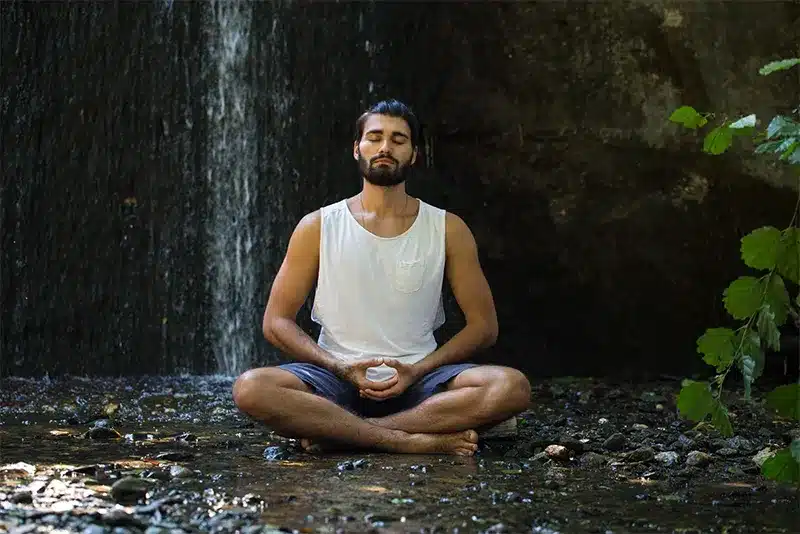Cognitive Behavioral Therapy
Cognitive Behavioral Therapy for Insomnia (CBT-I) in Colorado
Cognitive Behavioral Therapy for Insomnia (CBT-I) is an evidence-based approach that addresses underlying thoughts and behaviors contributing to sleep difficulties. Unlike sleep medications, CBT-I focuses on identifying and modifying sleep habits and beliefs that interfere with sleep, leading to long-term improvements in sleep quality.

What are the key components of CBT-I?
Stimulus Control
This technique aims to associate the bed and bedroom with sleep by encouraging practices such as going to bed only when sleepy, using the bed solely for sleep and sex, and getting out of bed within 20 minutes (perceived time, rather than clock watching) if unable to sleep. Once you get out of bed, you should go to another room if possible and do something stimulating enough that you won’t fall asleep doing it, but boring enough you will not want to stay awake and continue to do it. The patient should then return to bed when feeling sleepy again.
Sleep Restriction
Limiting the amount of time in bed to the actual amount of sleep time achieved helps increase sleep drive, leading to more consolidated and restful sleep over time. It is conducted over multiple visits and includes maintenance of a sleep diary in which the time in and out of bed in addition to perceived sleep time are used to calculate sleep efficiency. If the sleep efficiency is less than 85% then the bed window (time from bedtime to rise time) is set to equal the number of hours of sleep based on the sleep diary. This will not be less than 6 hours and will include a consistent bedtime and rise time each day. The patient will continue to keep a sleep diary and time in bed will be adjusted at each visit based upon sleep efficiency.
Cognitive Restructuring
Identifying and challenging unhelpful beliefs and attitudes about sleep can reduce anxiety and promote a healthier sleep mindset. Thoughts and beliefs about sleep can increase arousal near bedtime and delay or prevent sleep. Thoughts and beliefs can also increase the likelihood of engaging in unhelpful behaviors such as extending time in bed to try to catch up on sleep. Mindfulness approaches can also be used in conjunction with behavioral techniques. Often mindfulness exercises are found relaxing and useful as a part of a pre-sleep routine in the evening.
Sleep Hygiene Education
Implementing healthy sleep habits is paramount in insomnia treatment. These include maintaining a consistent sleep schedule, creating a comfortable sleep environment (cold, dark, and quiet), and avoiding stimulants before bedtime.
Relaxation Techniques
Practices such a progressive muscle relaxation, deep breathing and meditation can help reduce physical and mental tension, facilitating easier sleep onset.